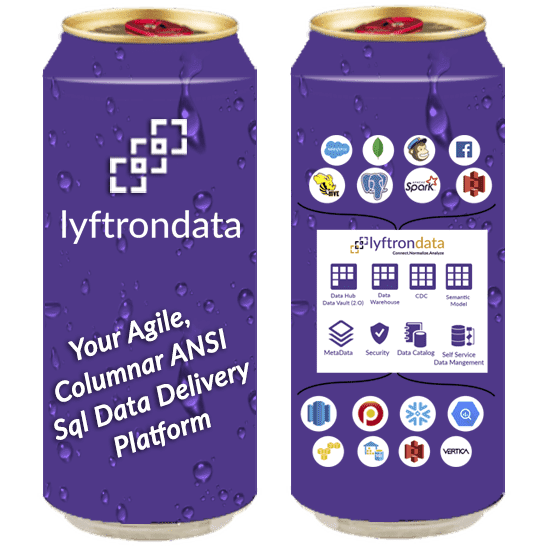Data explosion
With every passing minute, enterprises are saving petabytes of data in the form of emails, messages, tweets, call logs, IoT and much more. The nature of data from all these sources is highly unstructured and requires powerful tools for consolidation and analysis. Legacy systems fail to combine data from all these sources for a holistic view of business and for more data-driven decision making.
Real time data for decision support
With the evolution in business processes, enterprises require solutions that are highly flexible and offer them solutions for real-time decision support. The data scenario started changing within seconds and minutes and traditional systems failed to offer the agility required by the modern enterprise.
Cost effective solutions
Storage and maintenance costs turned out to be major concern with legacy systems, however with the advent of cloud data warehouse services like Amazon RedShift and Snowflake these rising costs are no longer a concern. The modern cloud data warehouse services are highly scalable in nature and can automatically scale up or down based on the surge in the data. They also offer pay as you go services and charge based on usage.
Access to all data points
One of the biggest advantages of modern data pipelines is to gain access to all your data points and gain a holistic view of your business. Modern data pipelines help you to bring all your data together without any technical limitations making analysis simple for all stakeholders.
Agile, modern data fabric solution
With the rapid changes in the complexity and volume of data, enterprises quickly decided to adopt more scalable and resilient systems that allowed them to leverage the full potential of their data and as a result the modern data pipe lines came into existence.
Modern data pipelines are processing elements that move data from one system to another, at times transforming the data along the way. They are highly scalable, distributed, decoupled and allow us to interact with real-time data.
The data is ingested directly without any cleaning introducing a lot of noise in the target data warehouse. To avoid such pitfalls, data pipelines organize data to make analysis and reporting lot easier.
Data pipelines include a set of processes and technologies that automate the transformation, management, visualization and consolidation of data from multiple resources to derive valuable business insights.





